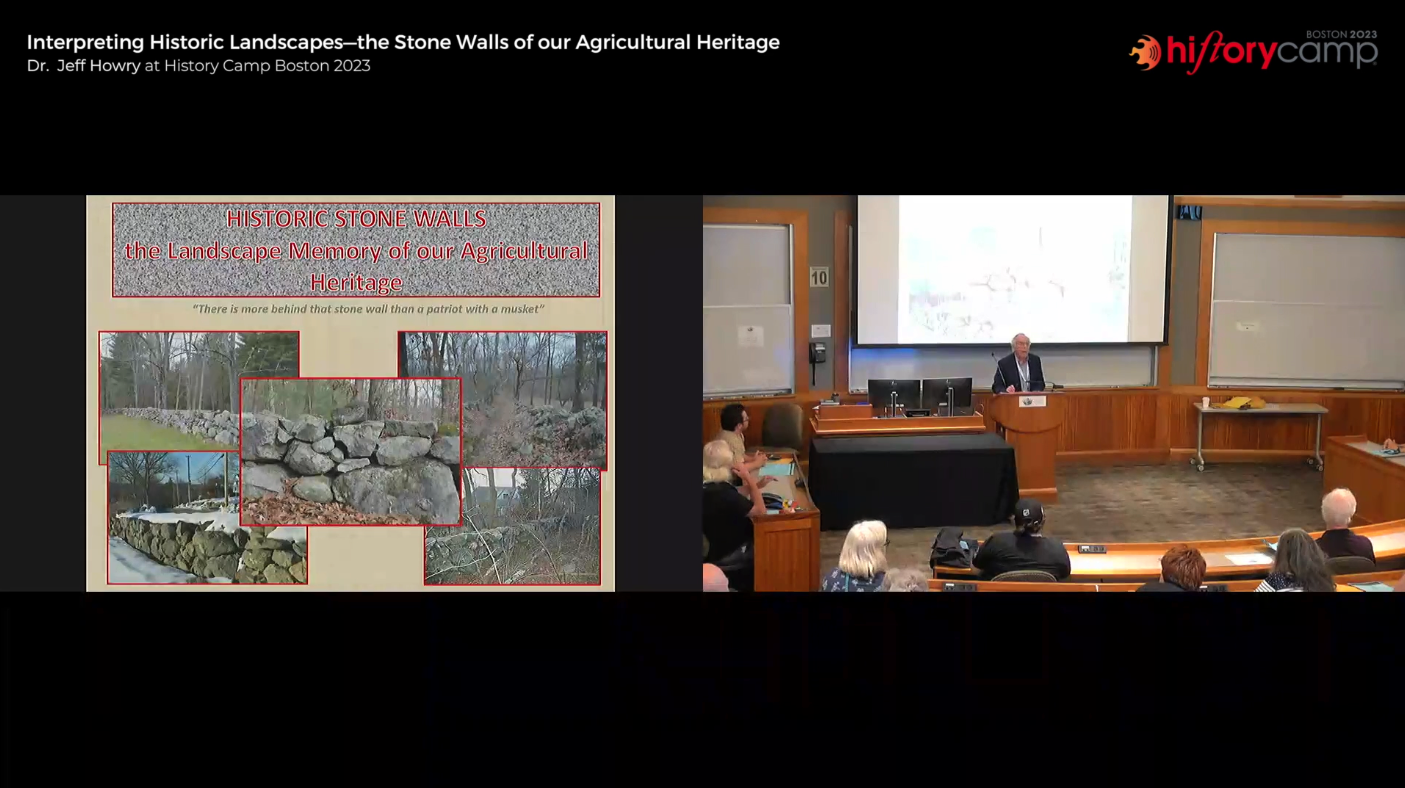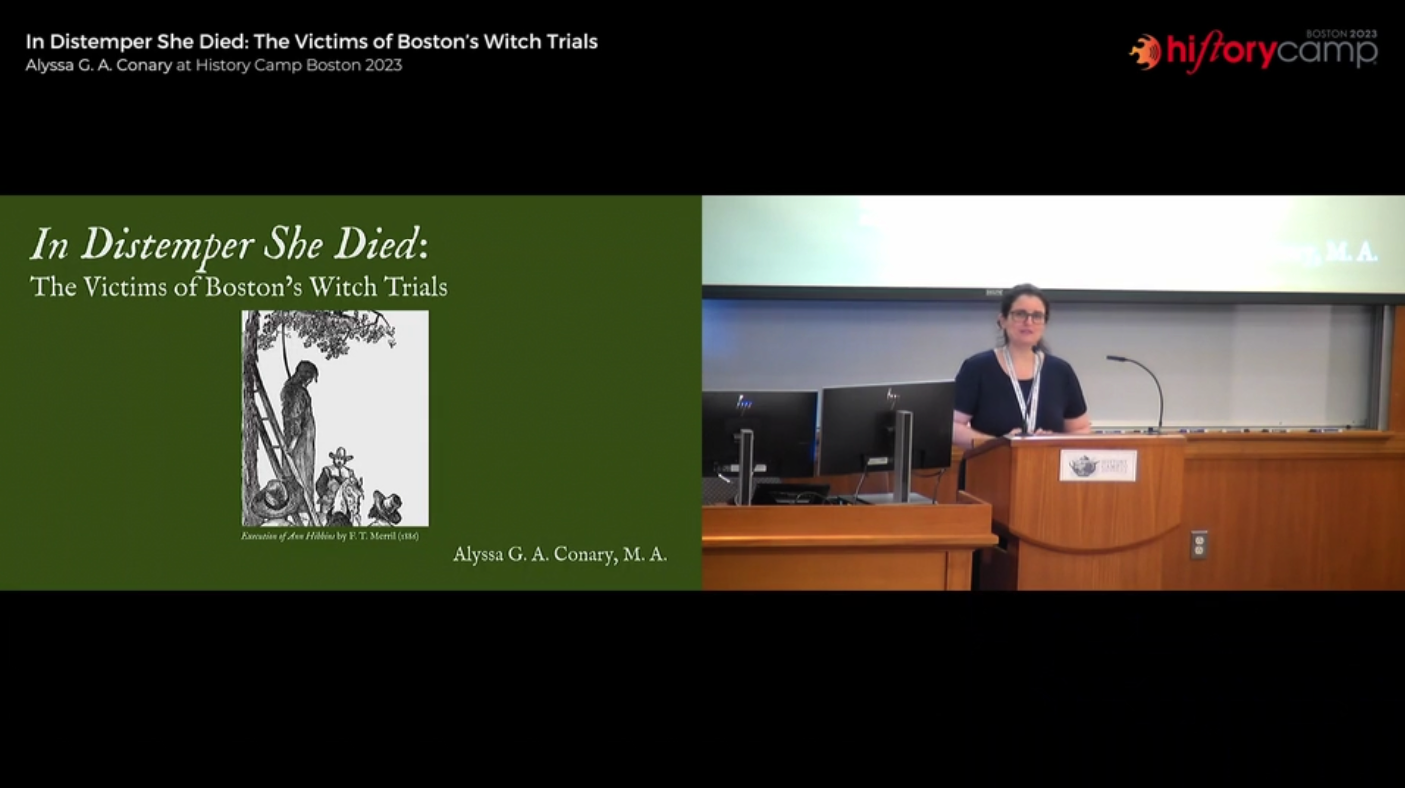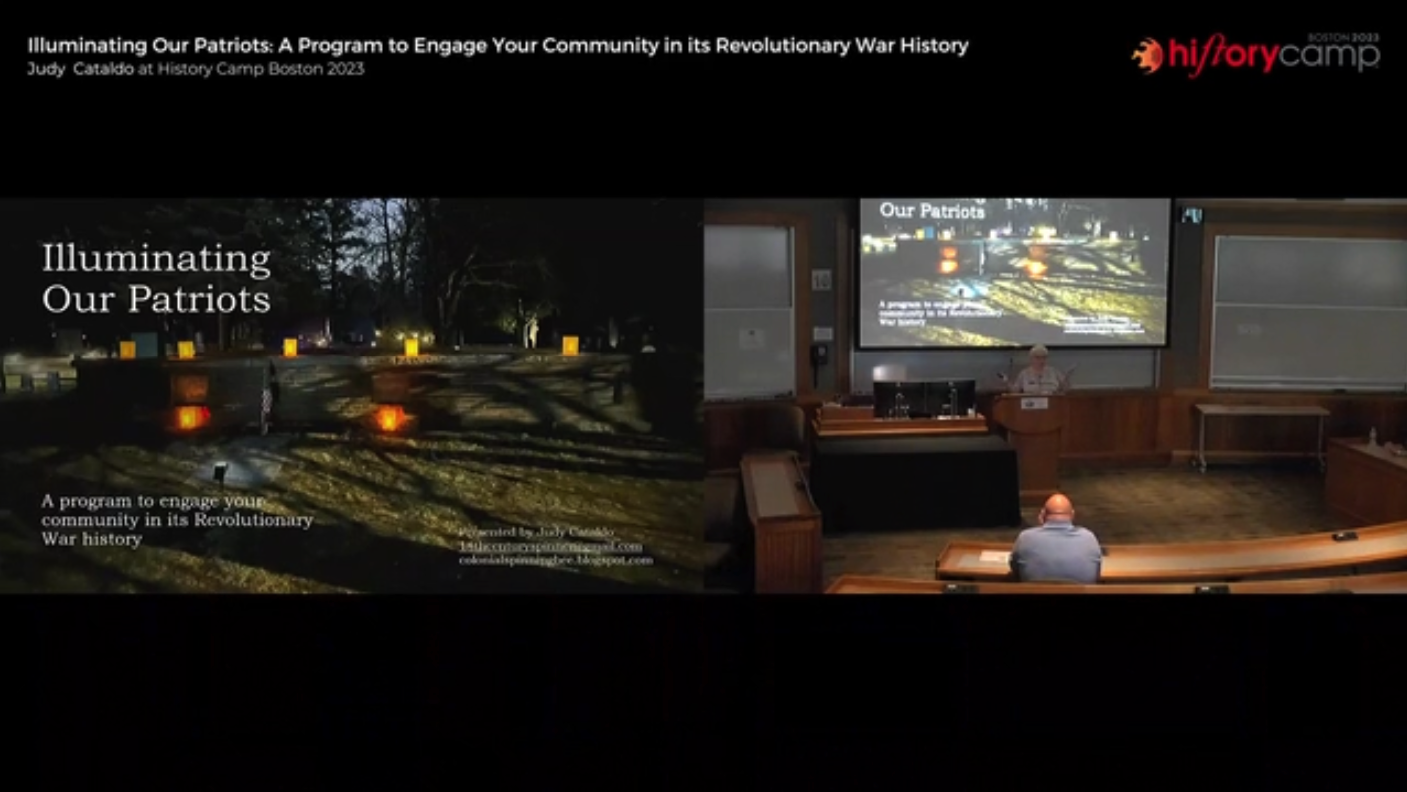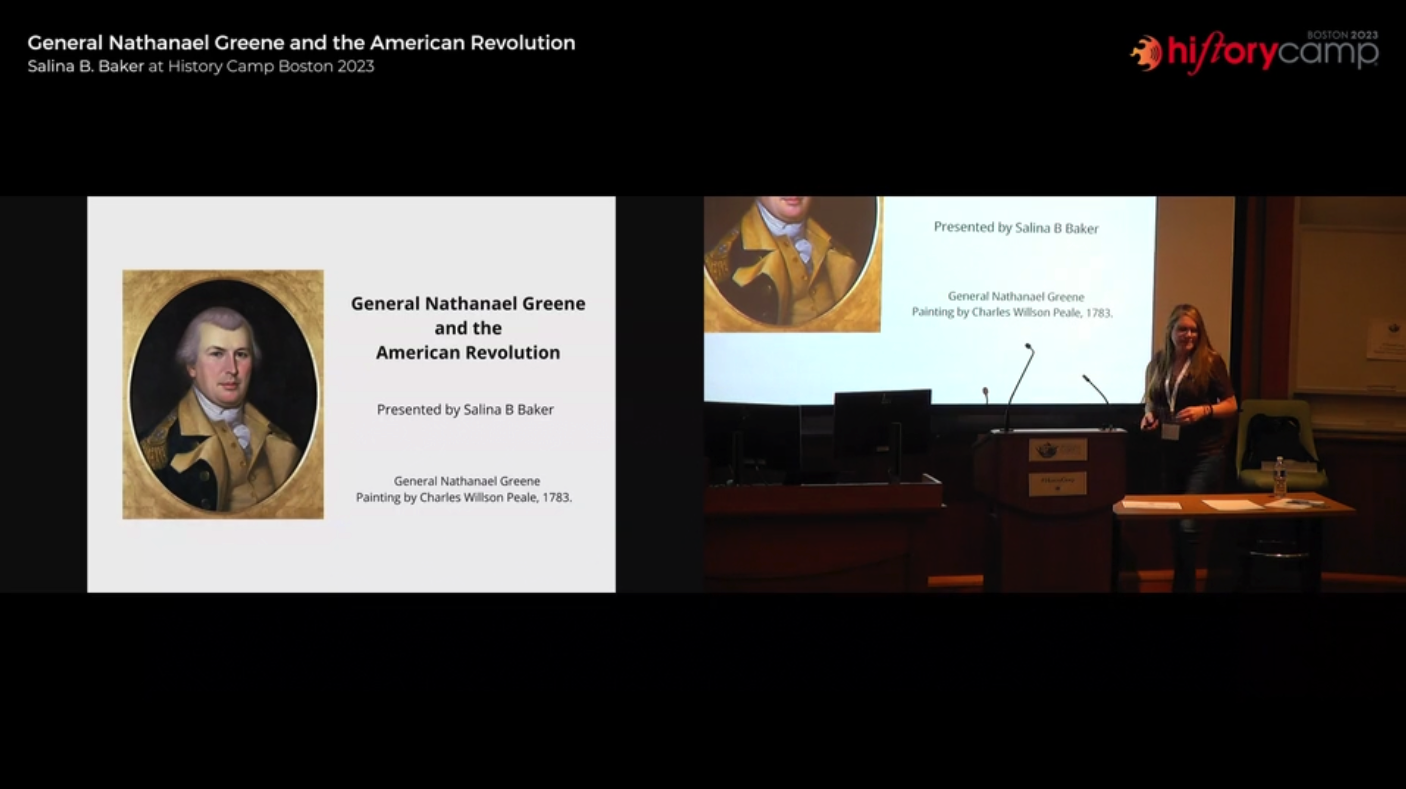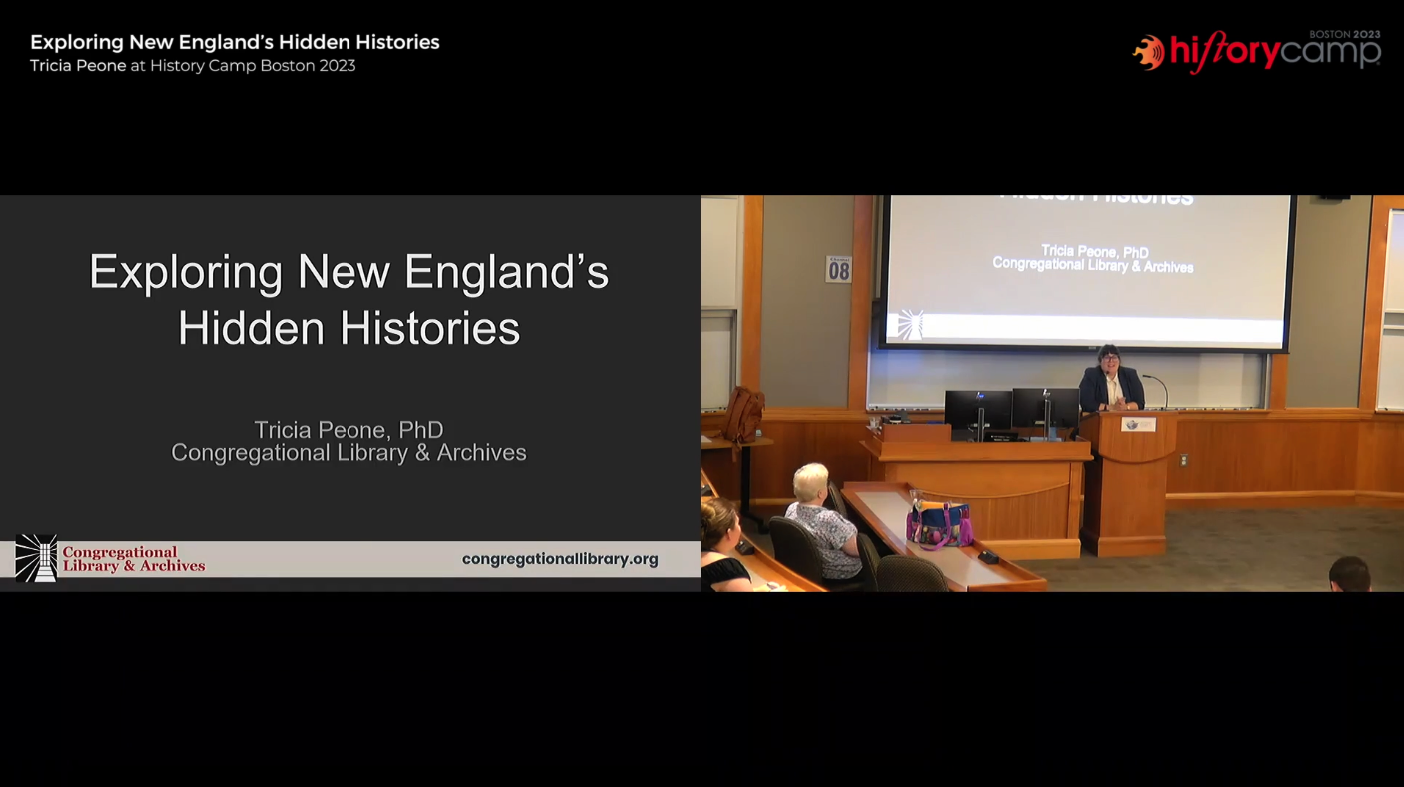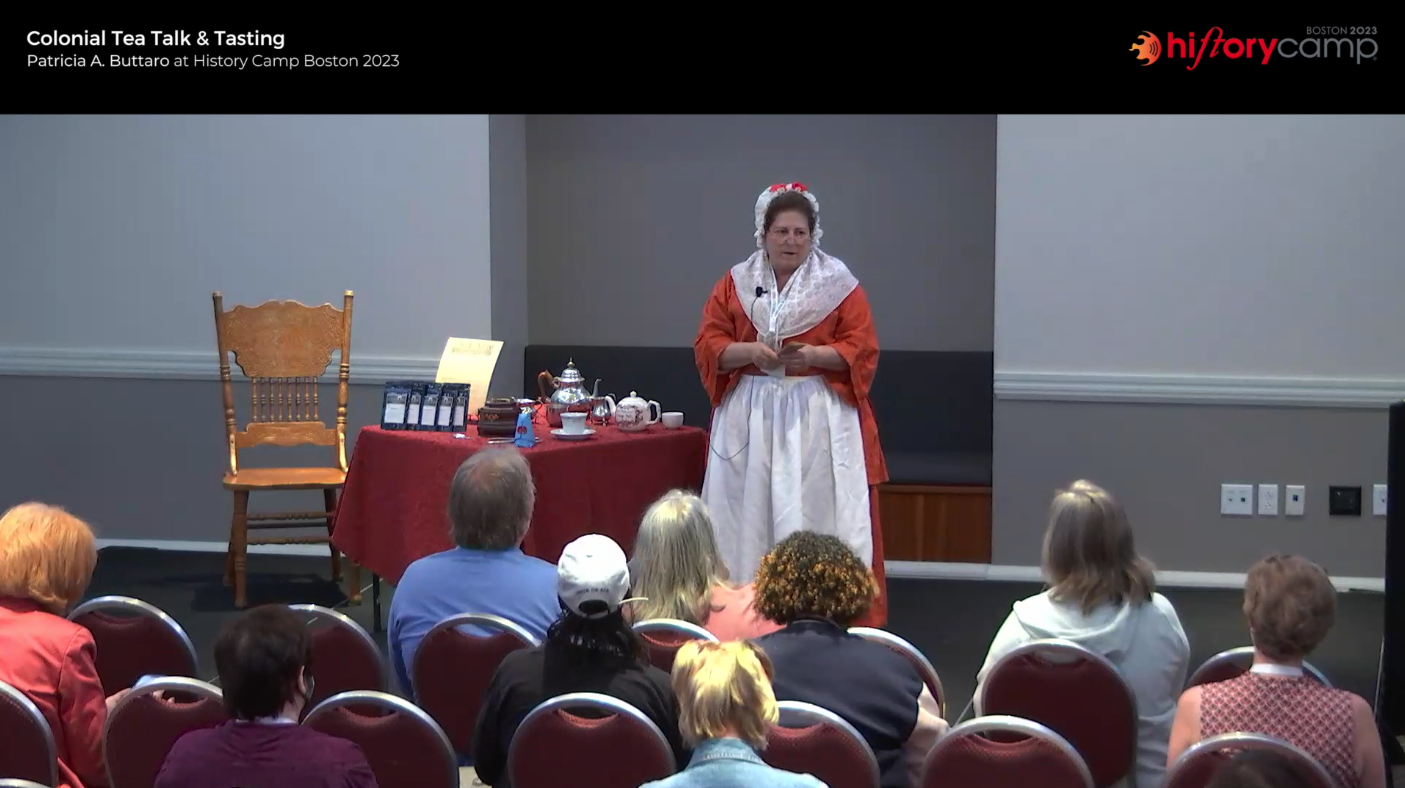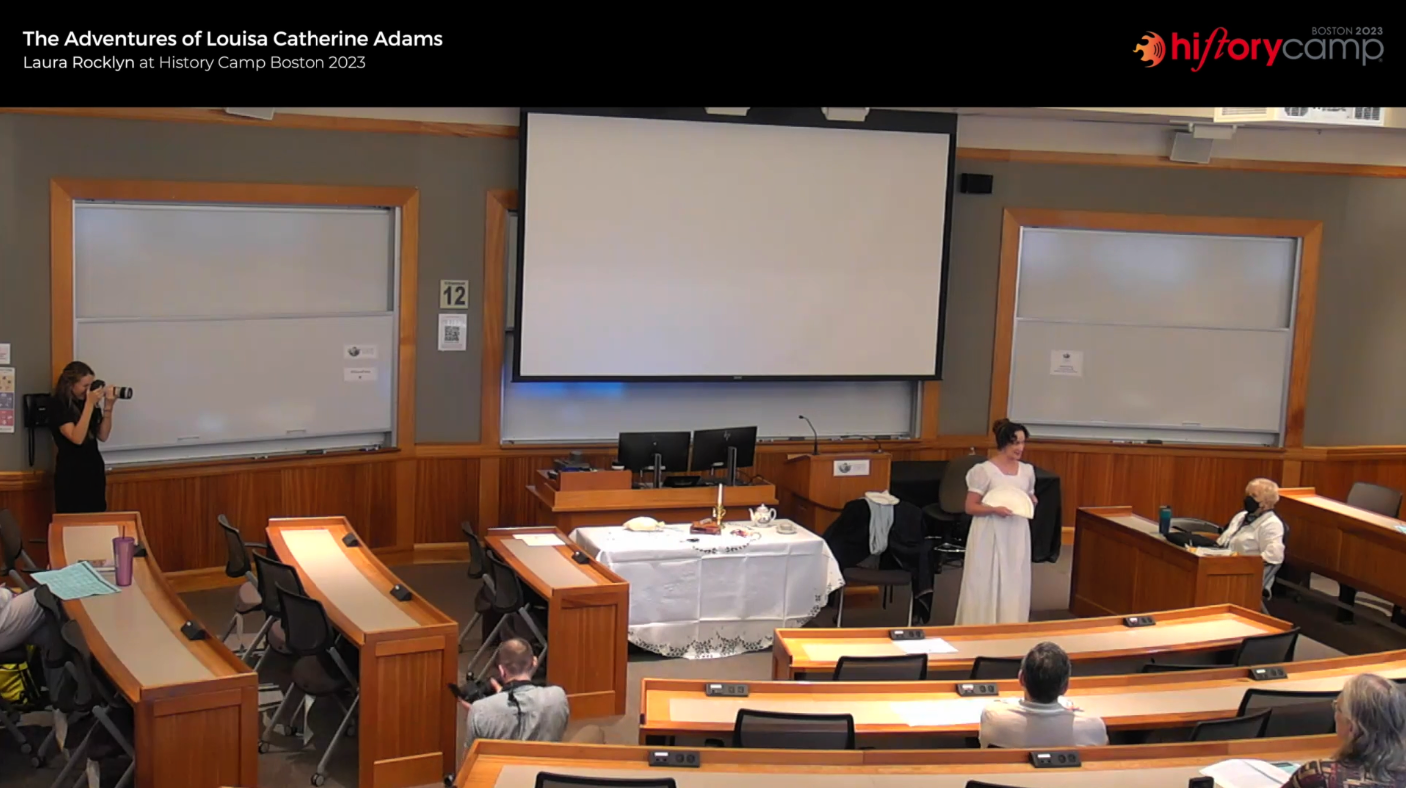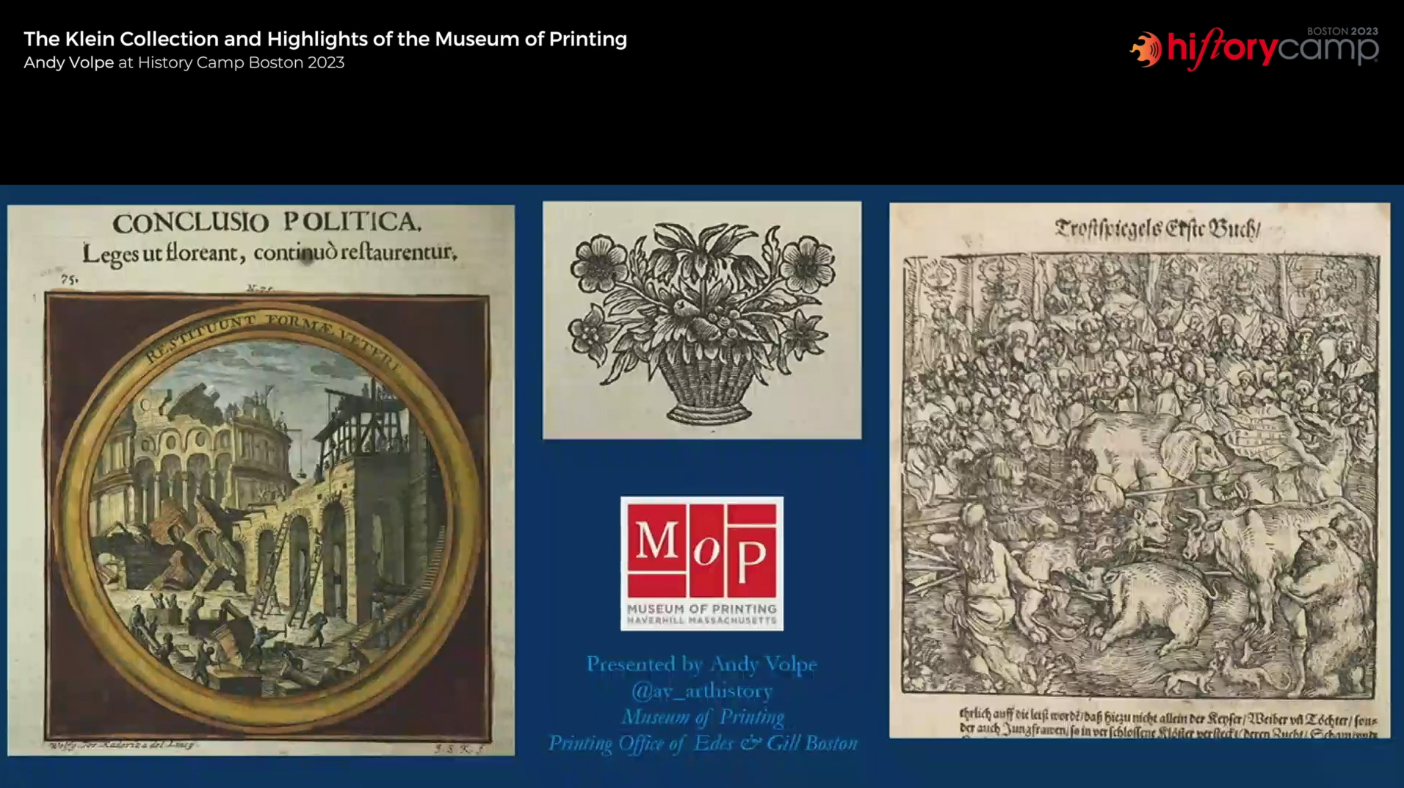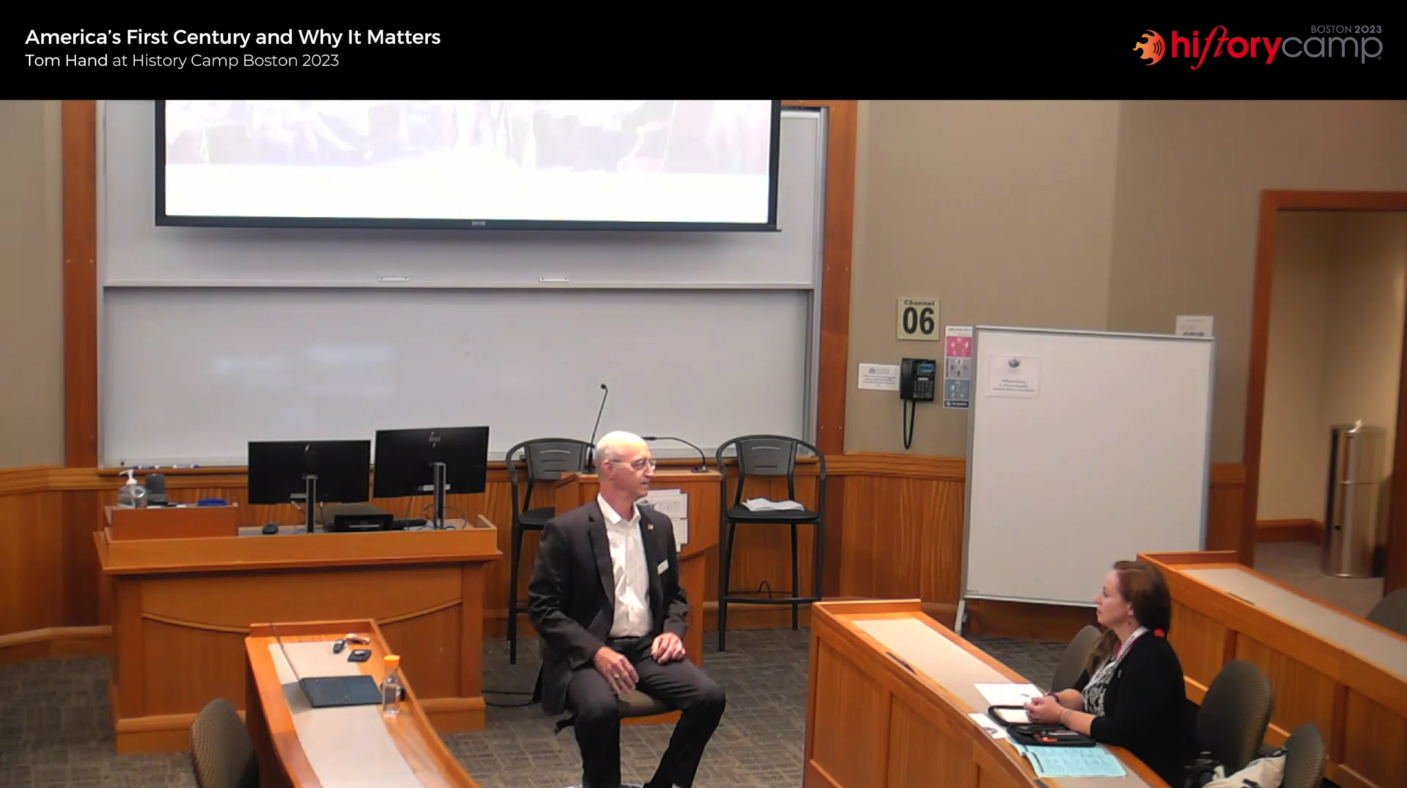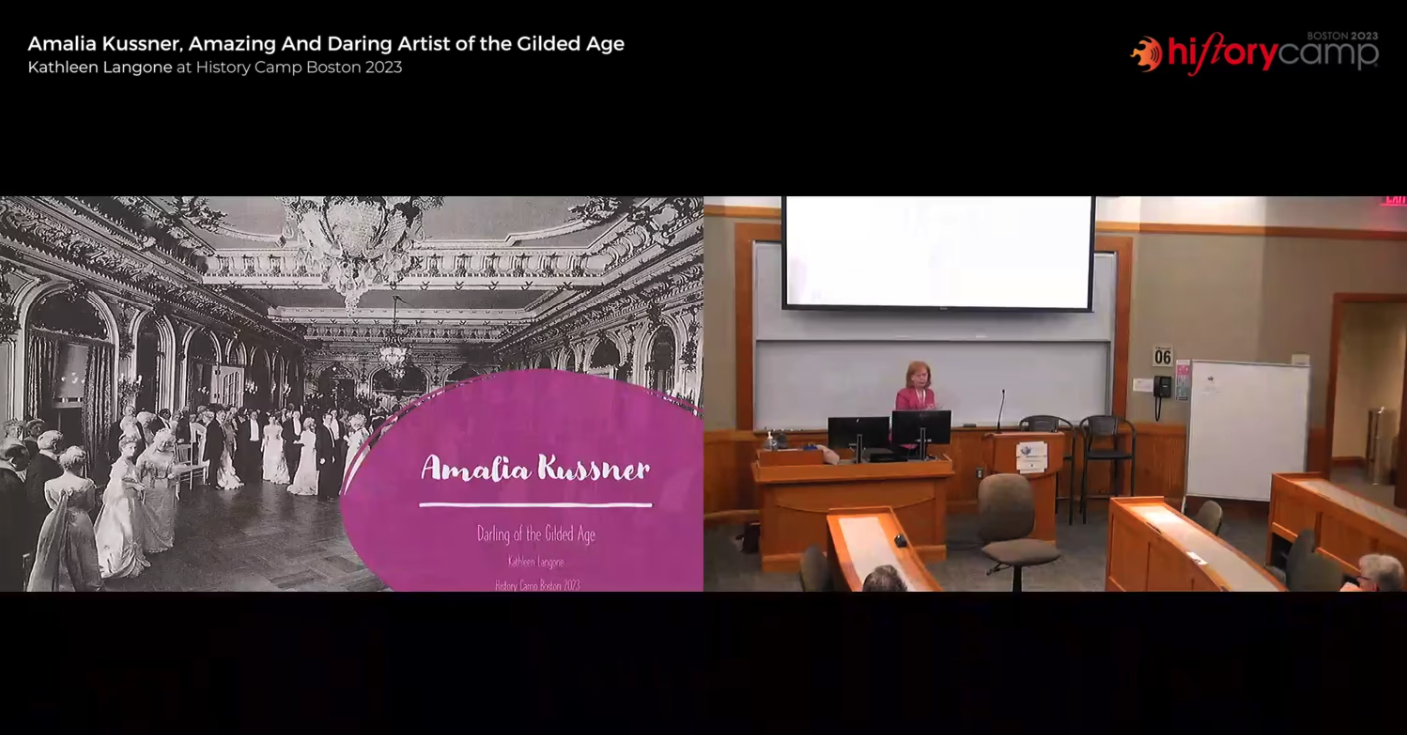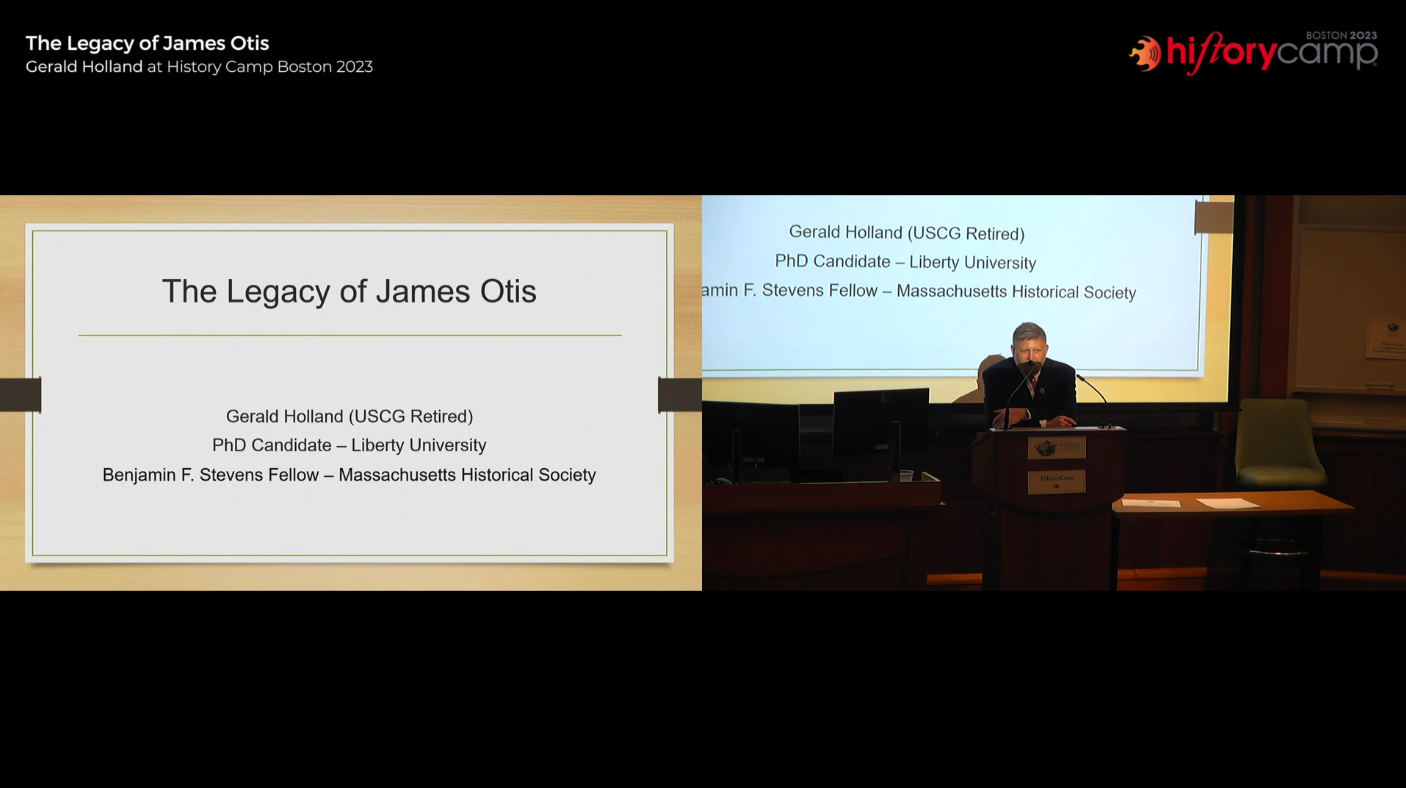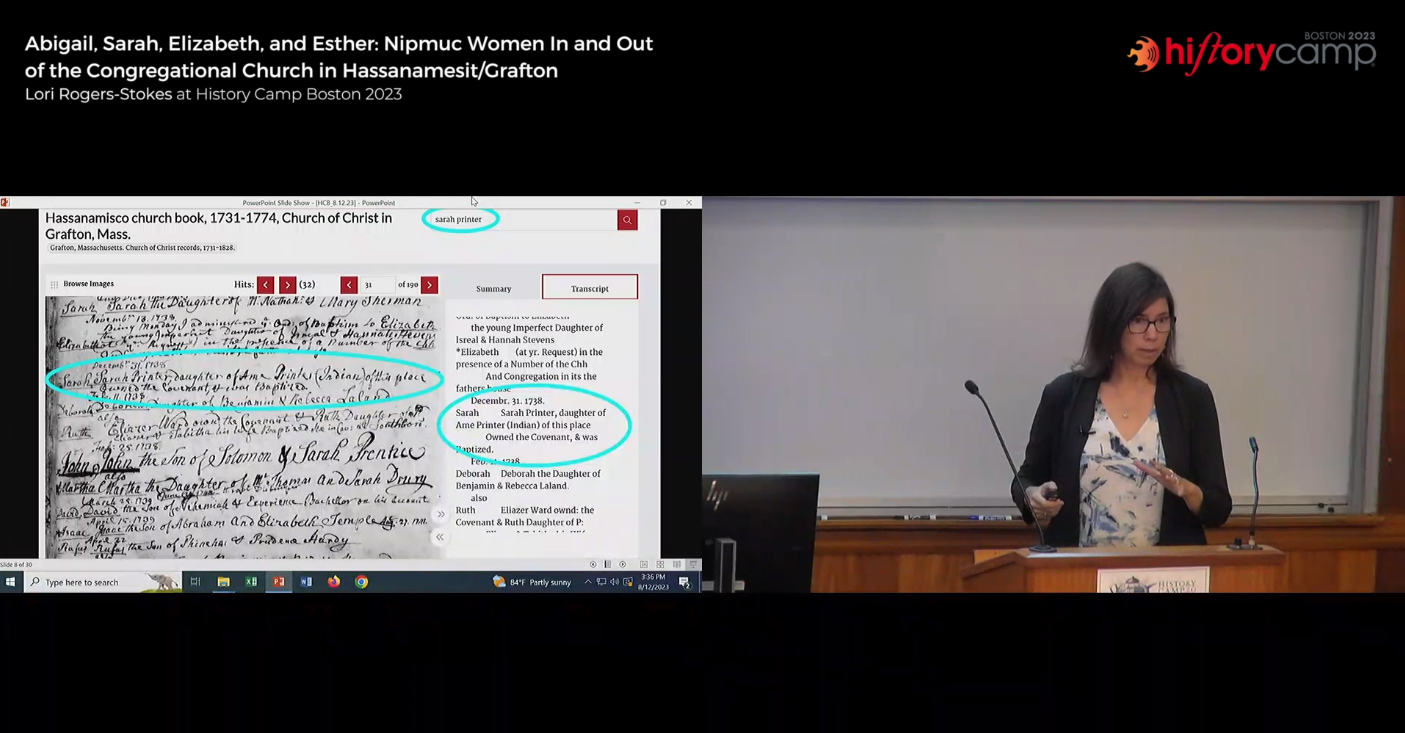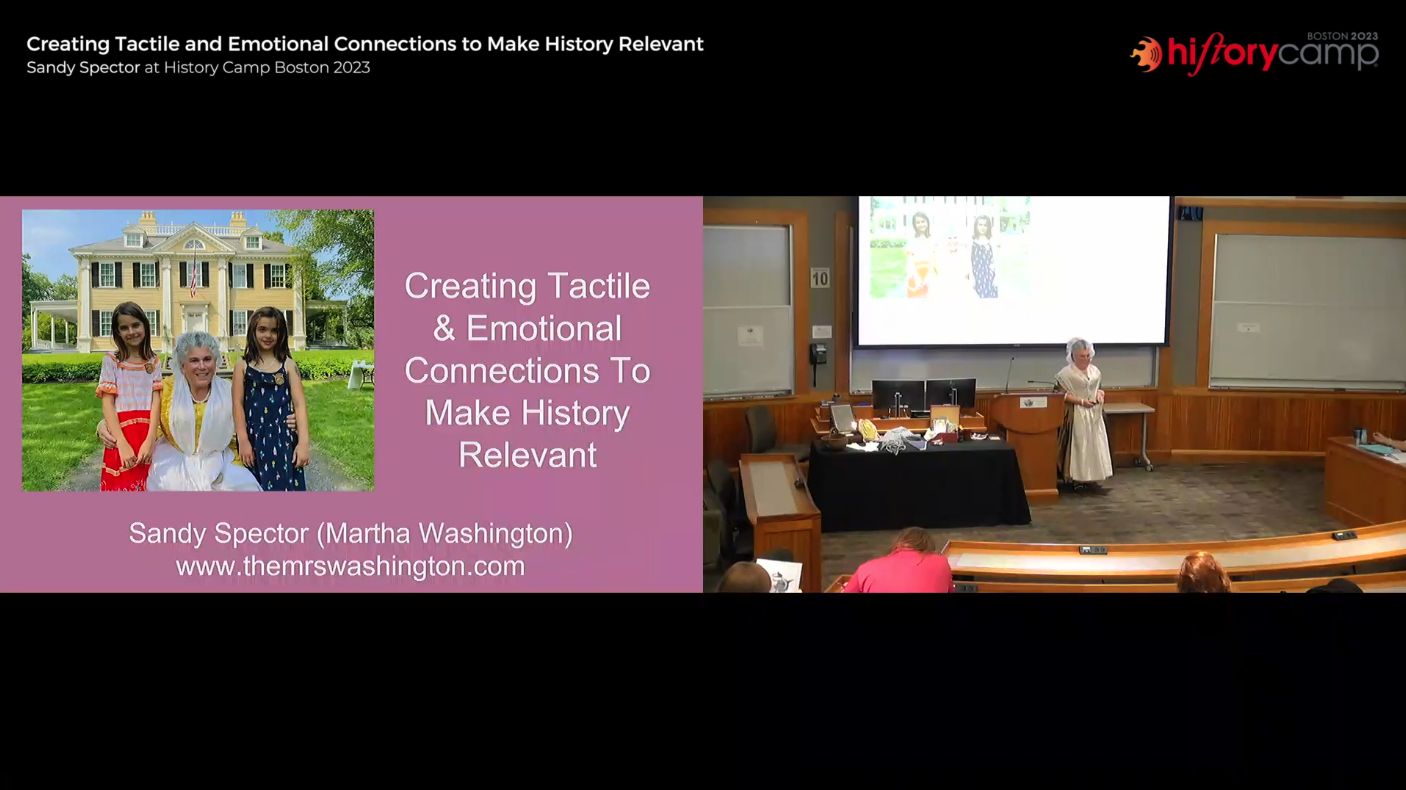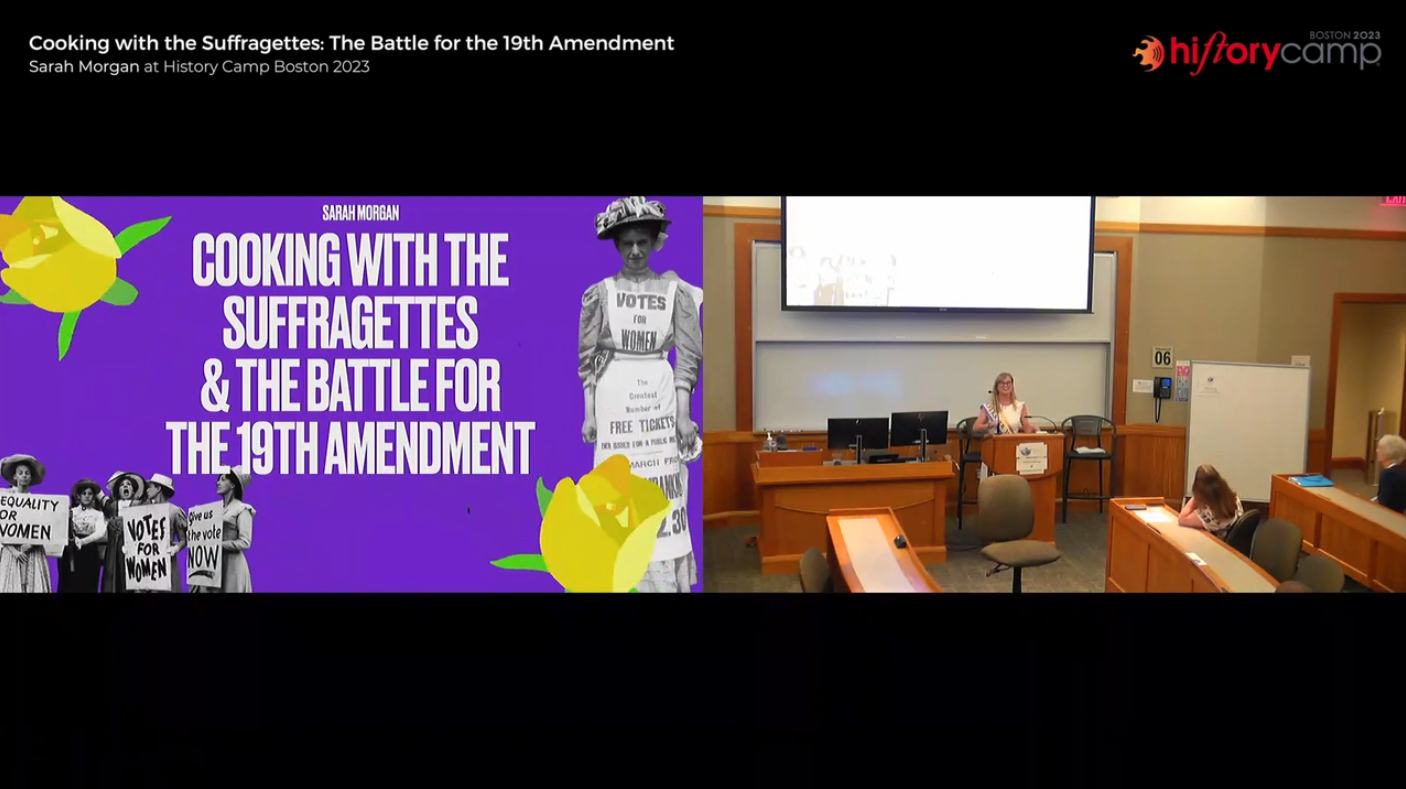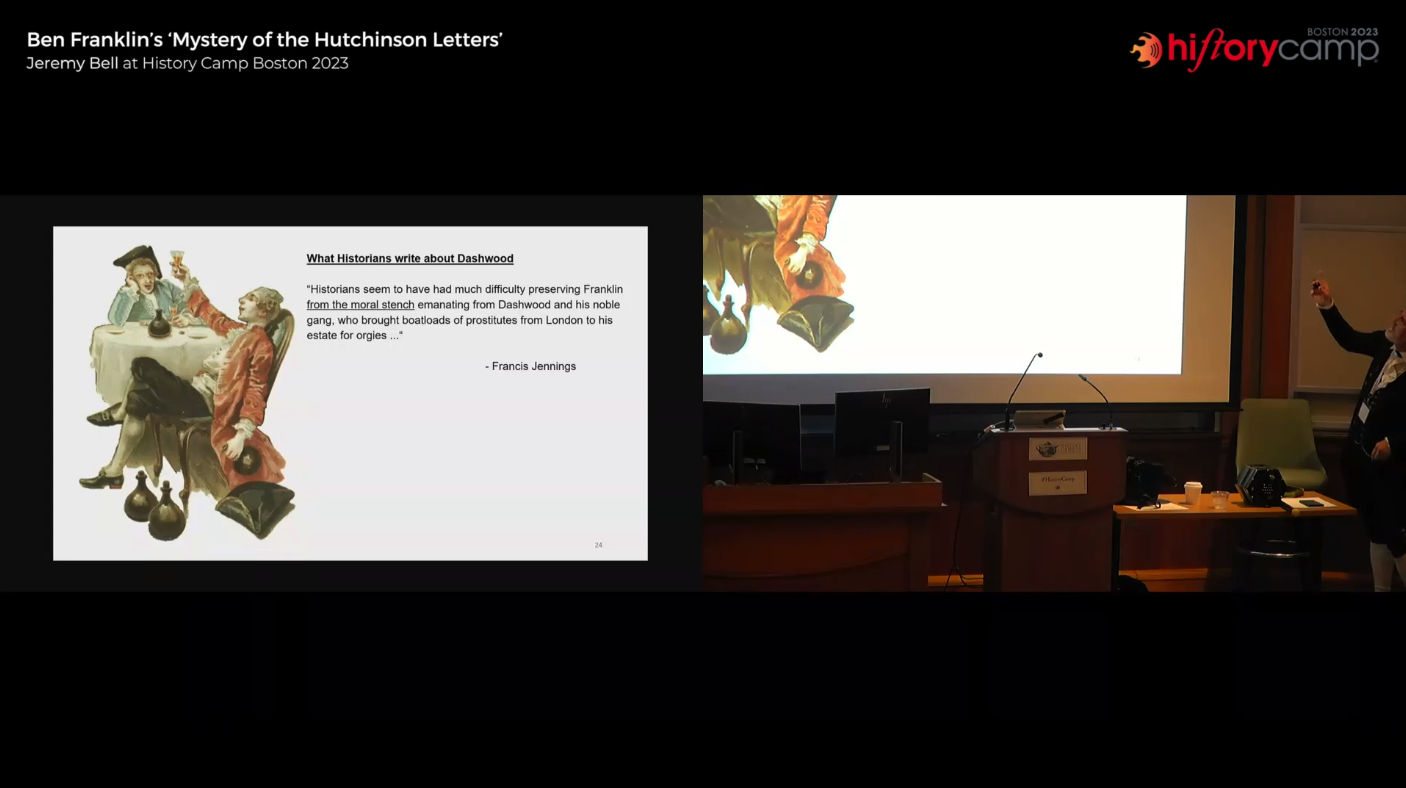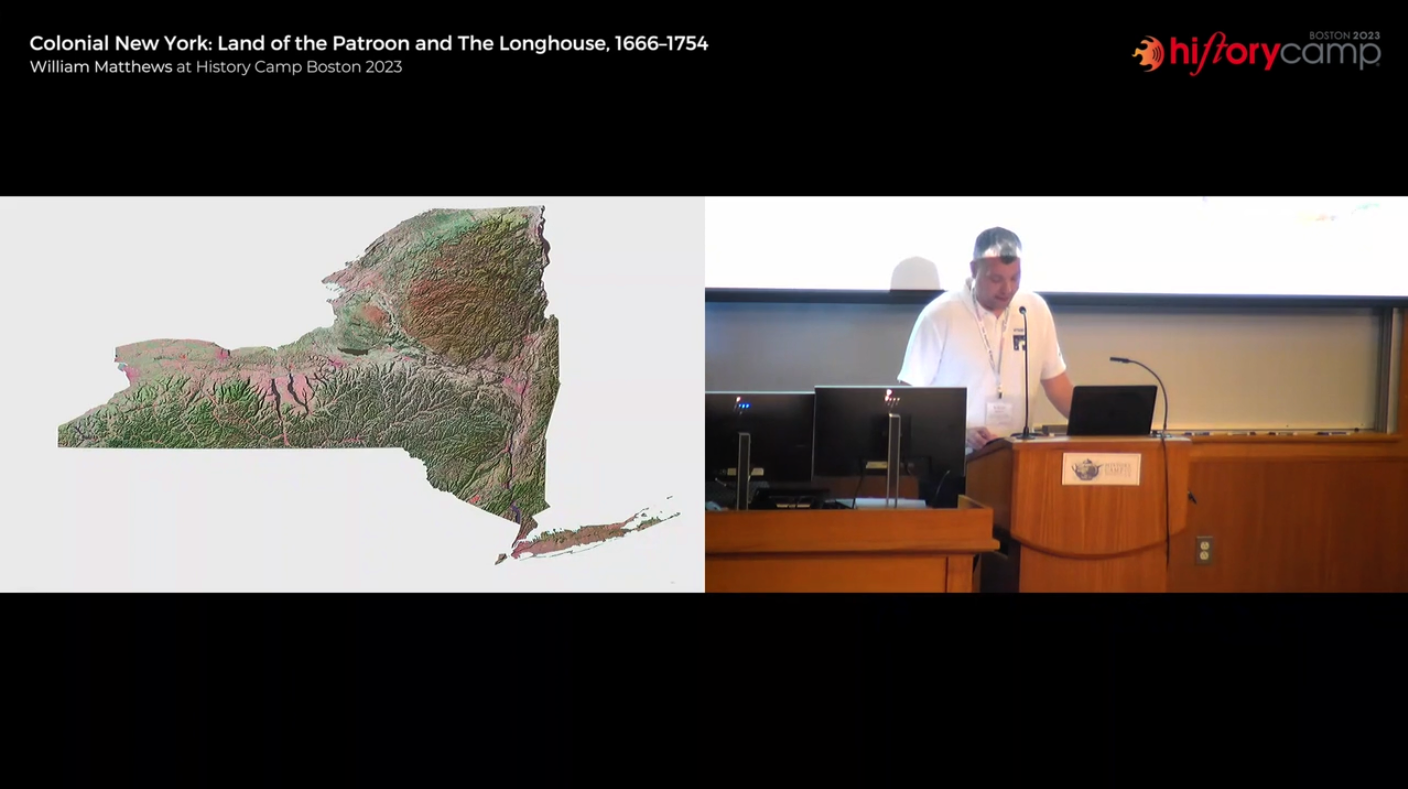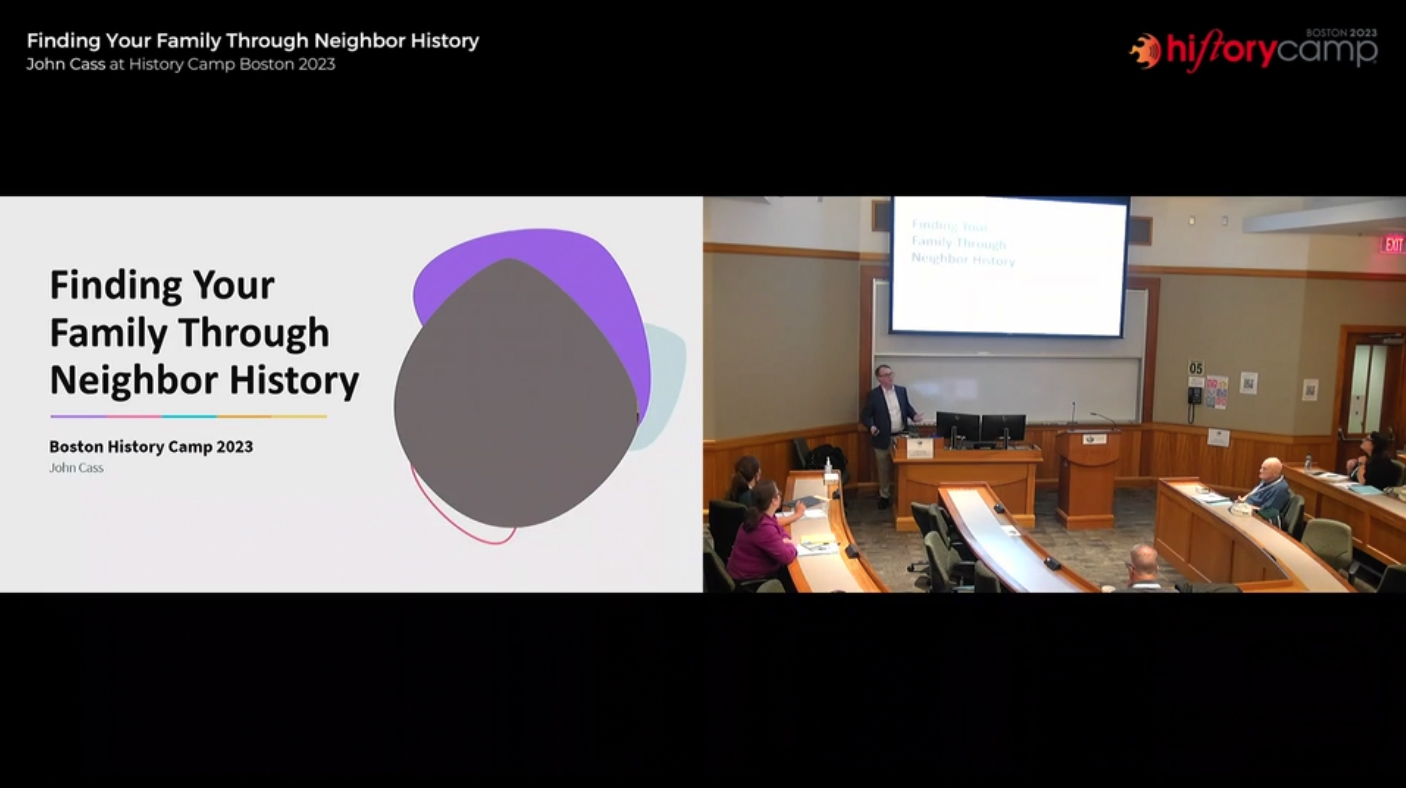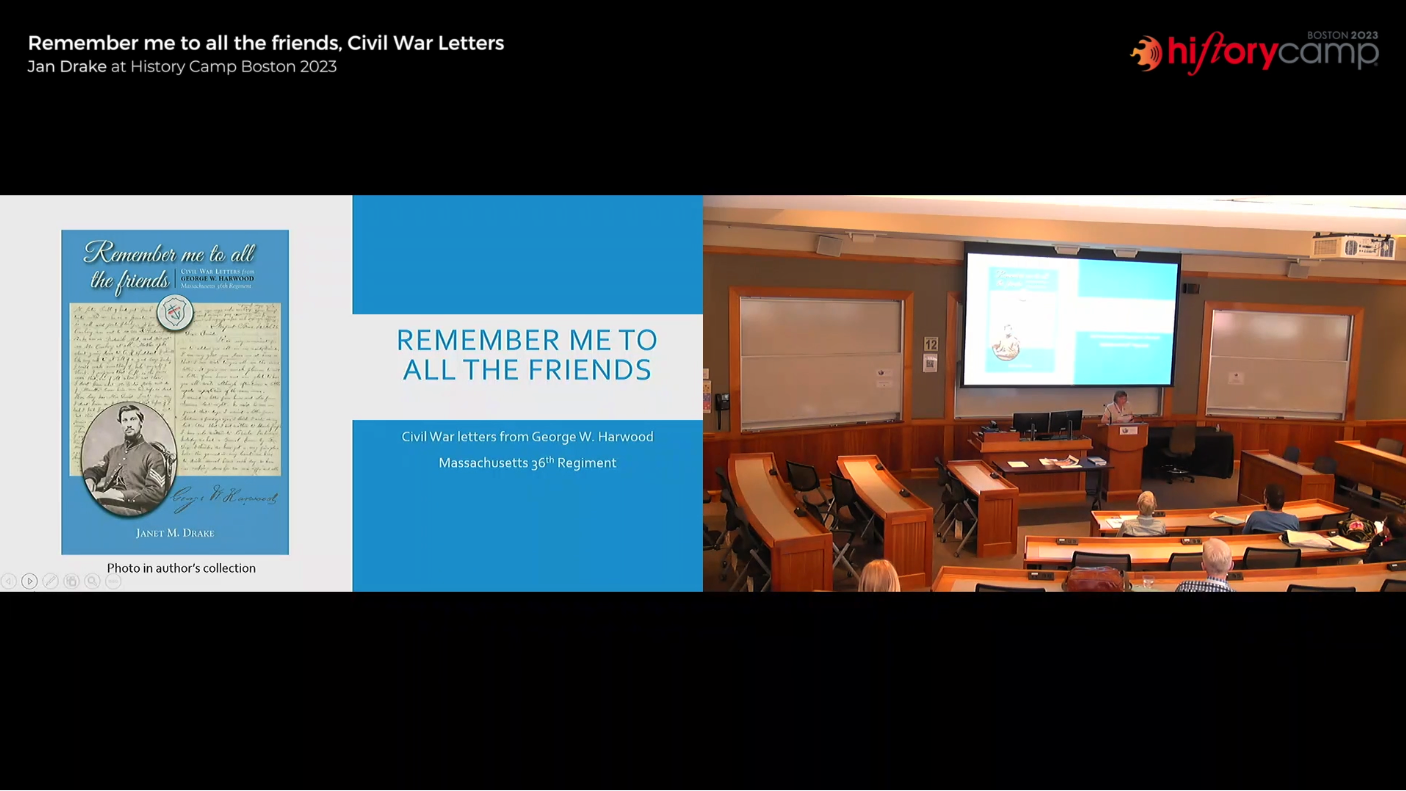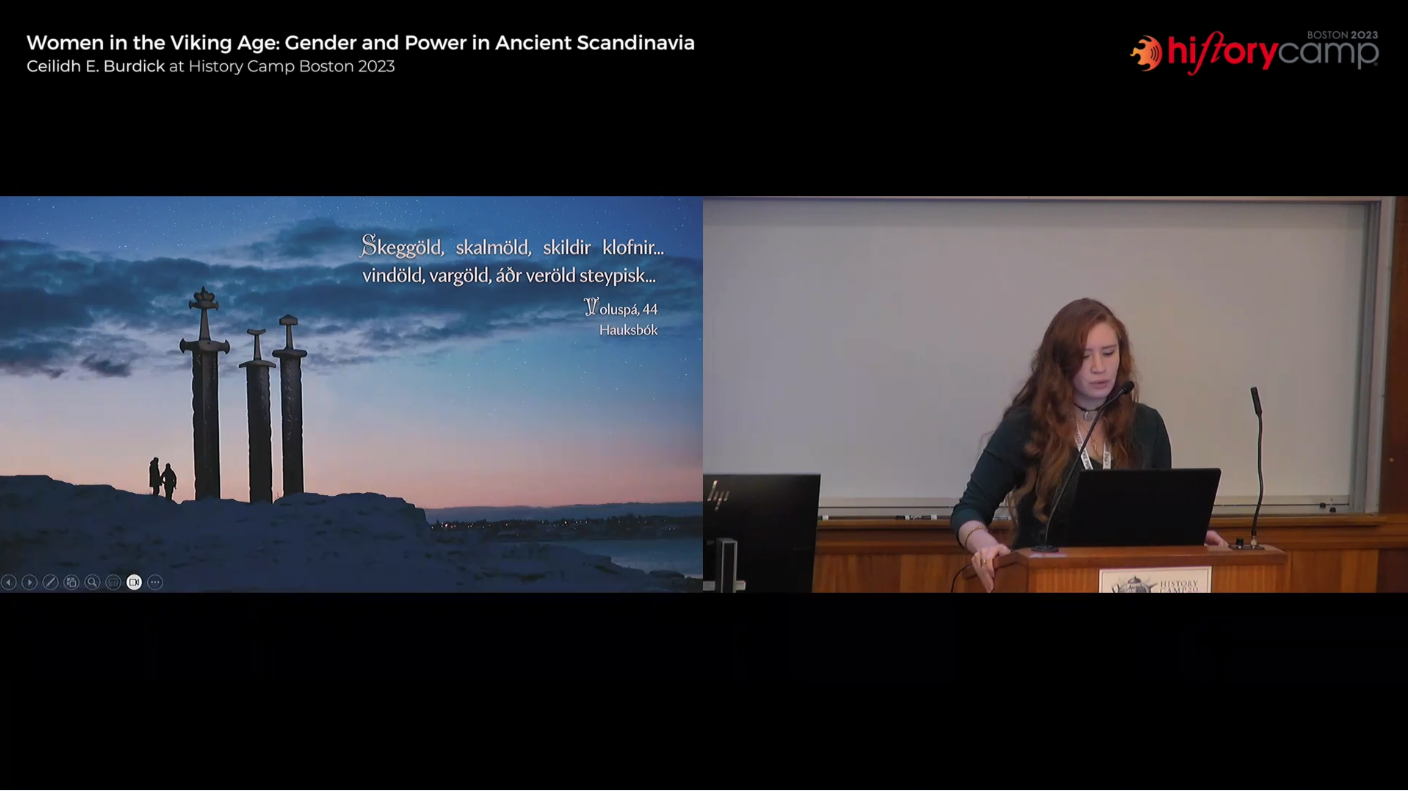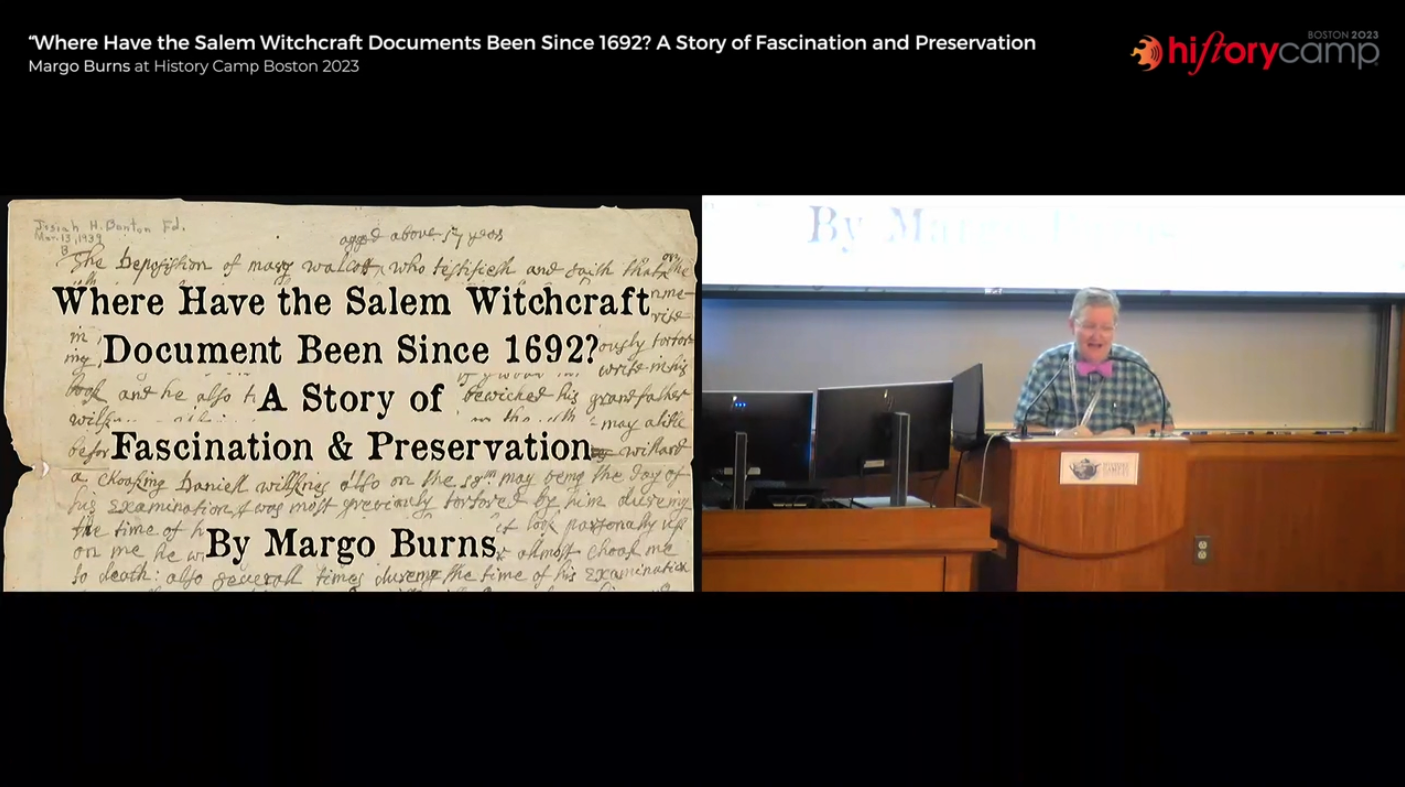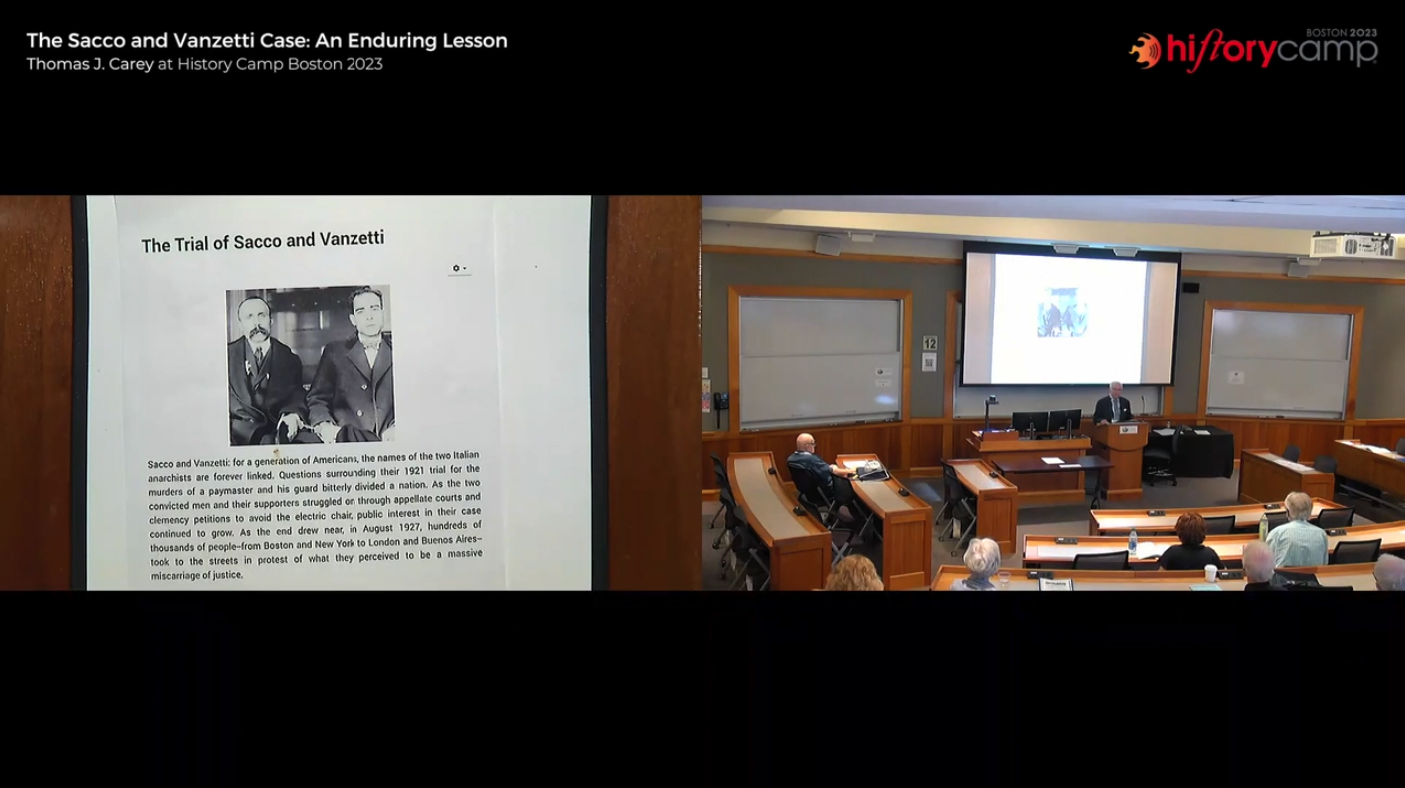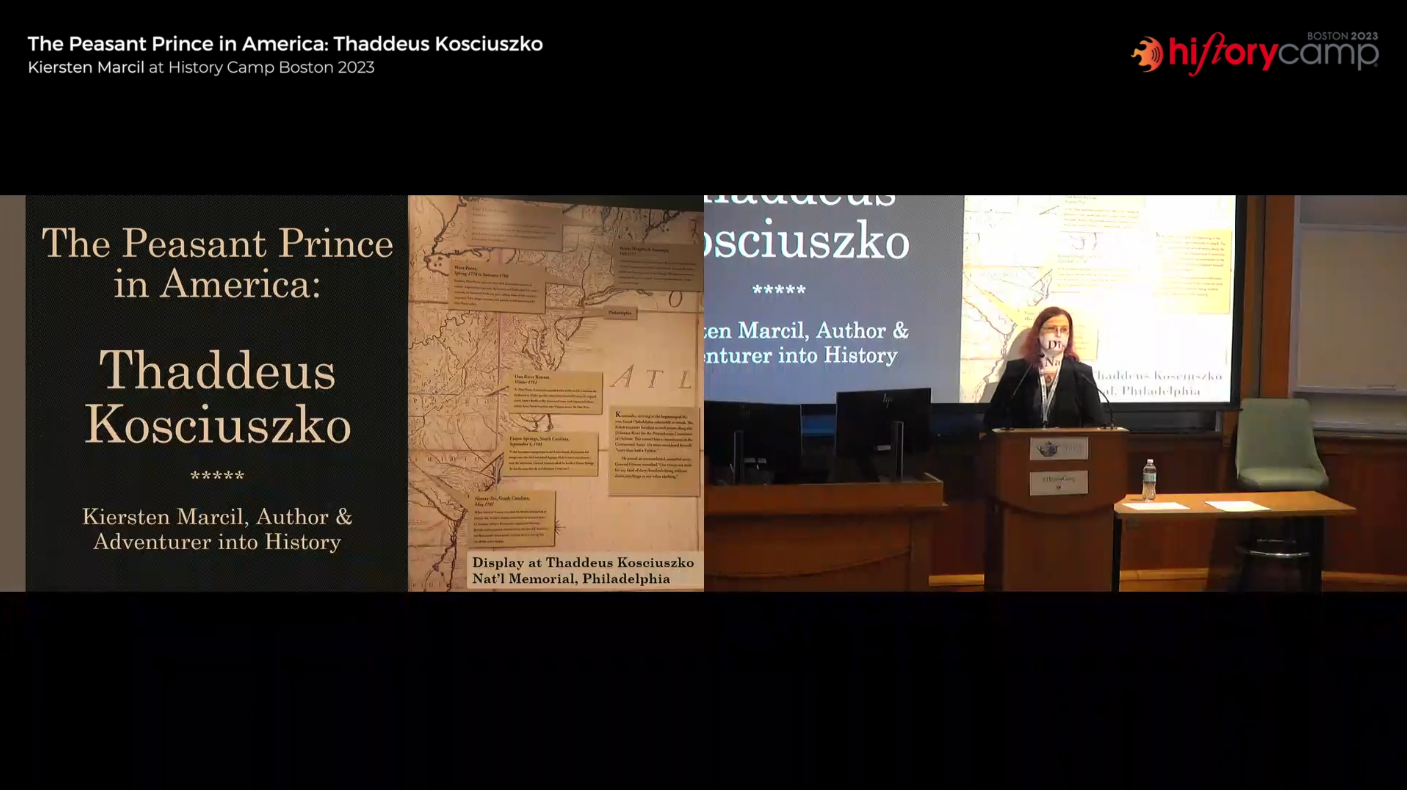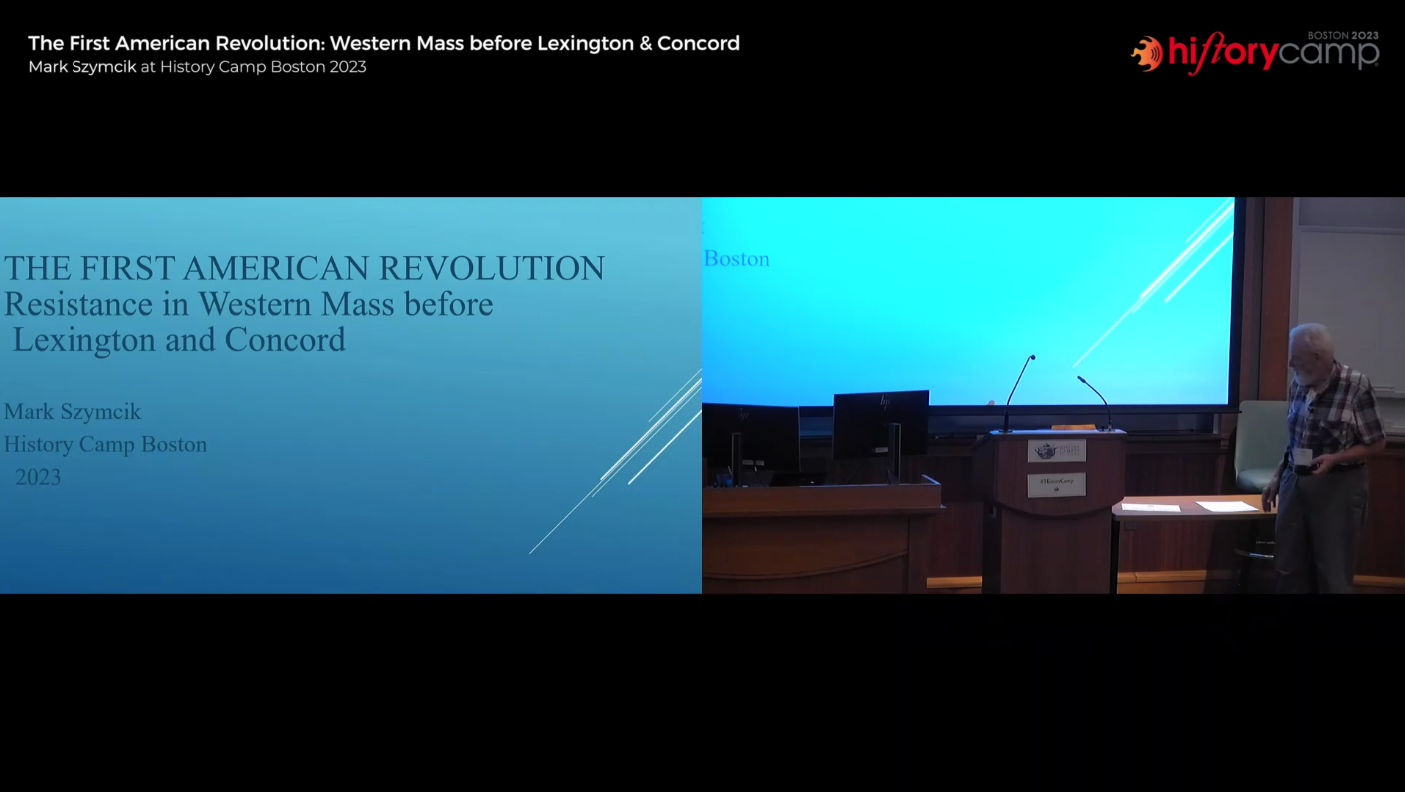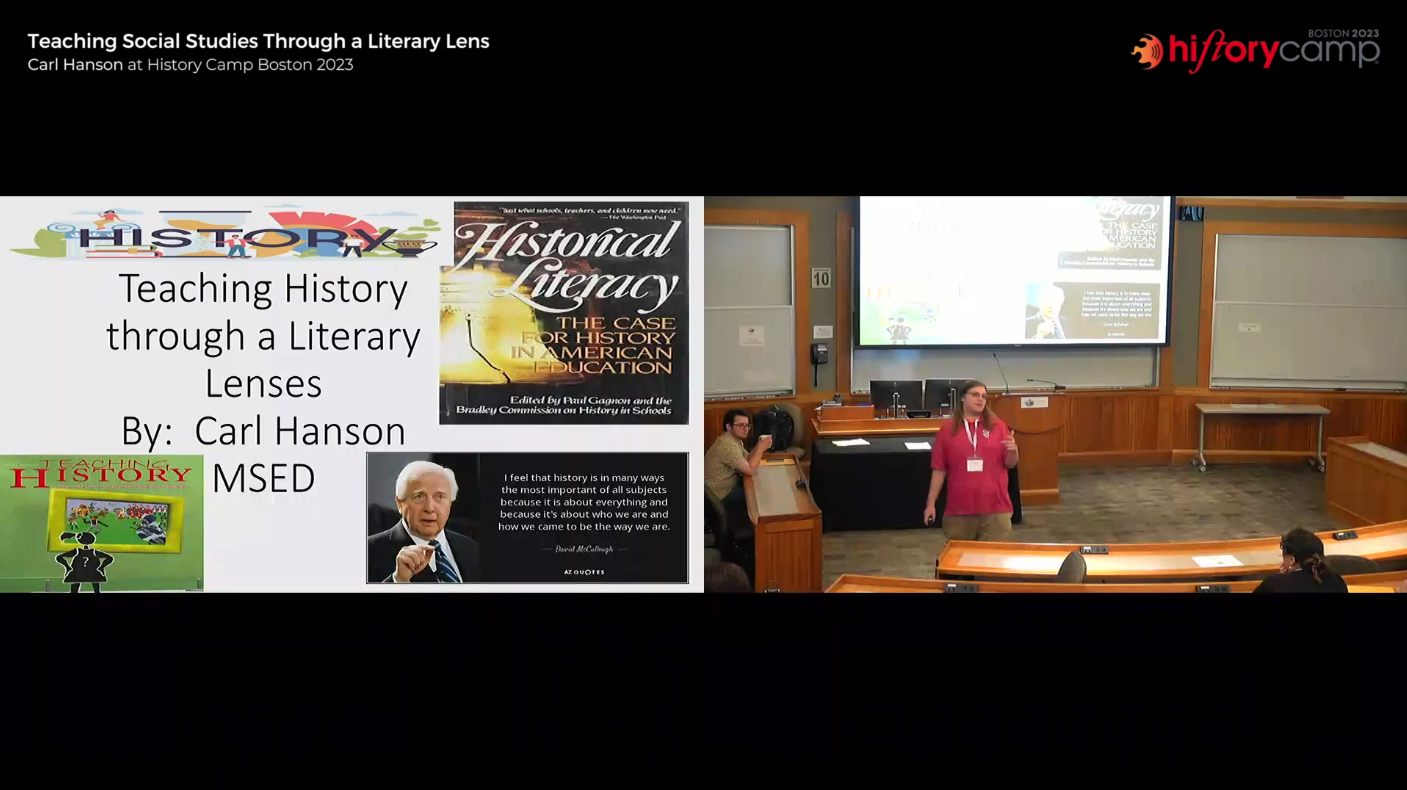Abby Chandler
“Curs’d Prudence and Designing Politicians”: The Stamp Act Crisis in Massachusetts, Rhode Island, and North Carolina
The passing of the “Duties in American Colonies Act” by the British Parliament in 1765 set off the barrage of colonial responses known as the “Stamp Act Crisis.” Today, we’ll examine the role that pre-existing political systems played in shaping responses to the Stamp Act in Massachusetts, Rhode Island, and North Carolina.
Massachusetts experienced the Stamp Act Crisis as a battle between a locally elected colonial legislature and government officials appointed by the British crown. Rhode Island experienced this period as a battle between a locally elected government and the Rhode Island colonists who wanted to shift the balance of power towards the British crown. Riots in both colonies targeted the bodies and houses of the men who advocated for the interests of the British Empire, but the Rhode Island attacks were on civilians rather than government representatives. The Stamp Act Crisis in North Carolina was also a dispute between a locally elected colonial legislature and a royal governor, but Governor William Tryon struggled, however unsuccessfully, to reach common ground with his rebelling colonists.
By highlighting the diverging experiences of colonists in Massachusetts, Rhode Island, and North Carolina during the Stamp Act crisis, this panel tells a broader story about political connections and divisions in British North America on the eve of the American Revolution.
The professional recording of this session was funded by a Preserving America grant from Americana Corner.
[Recorded on 12 August 2023]

Abby Chandler, PhD, is an Associate Professor of Early American History at the University of Massachusetts Lowell. Her book, Seized with the Temper of the Times: Identity and Rebellion in Pre-Revolutionary America, will be published by Westholme in the fall of 2023. She also serves on the 250th American Revolution Historical Commission for Massachusetts.


